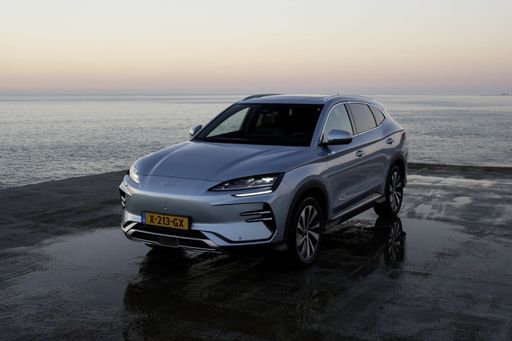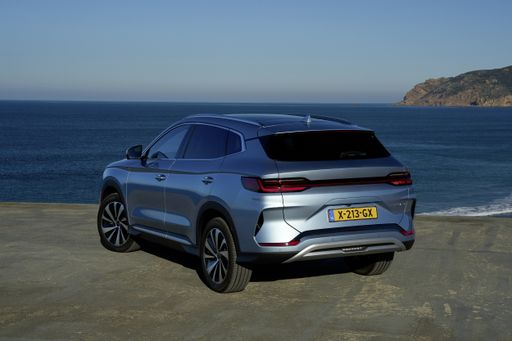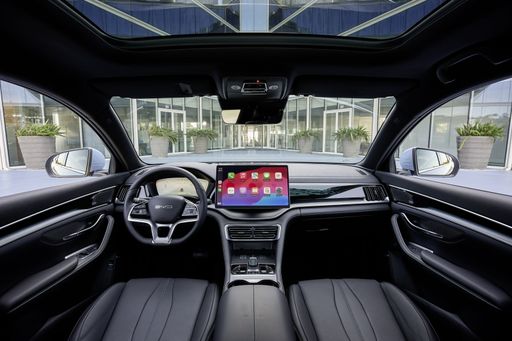BYD Seal U vs Hyundai Tucson: A Comprehensive Comparison
The automotive market is continuously evolving, with manufacturers delivering innovative solutions that cater to diverse preferences and environmental concerns. Among the latest entrants in the SUV arena are the BYD Seal U and the Hyundai Tucson. Both vehicles present exciting options in the growing segment of electrified and hybrid technology. This article examines the technical aspects and innovations of these two models, providing potential buyers with valuable insights.












